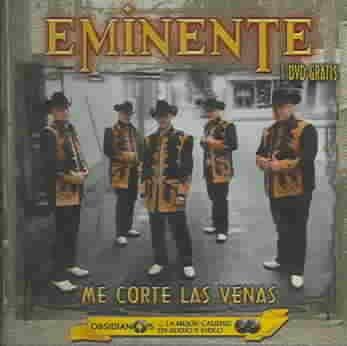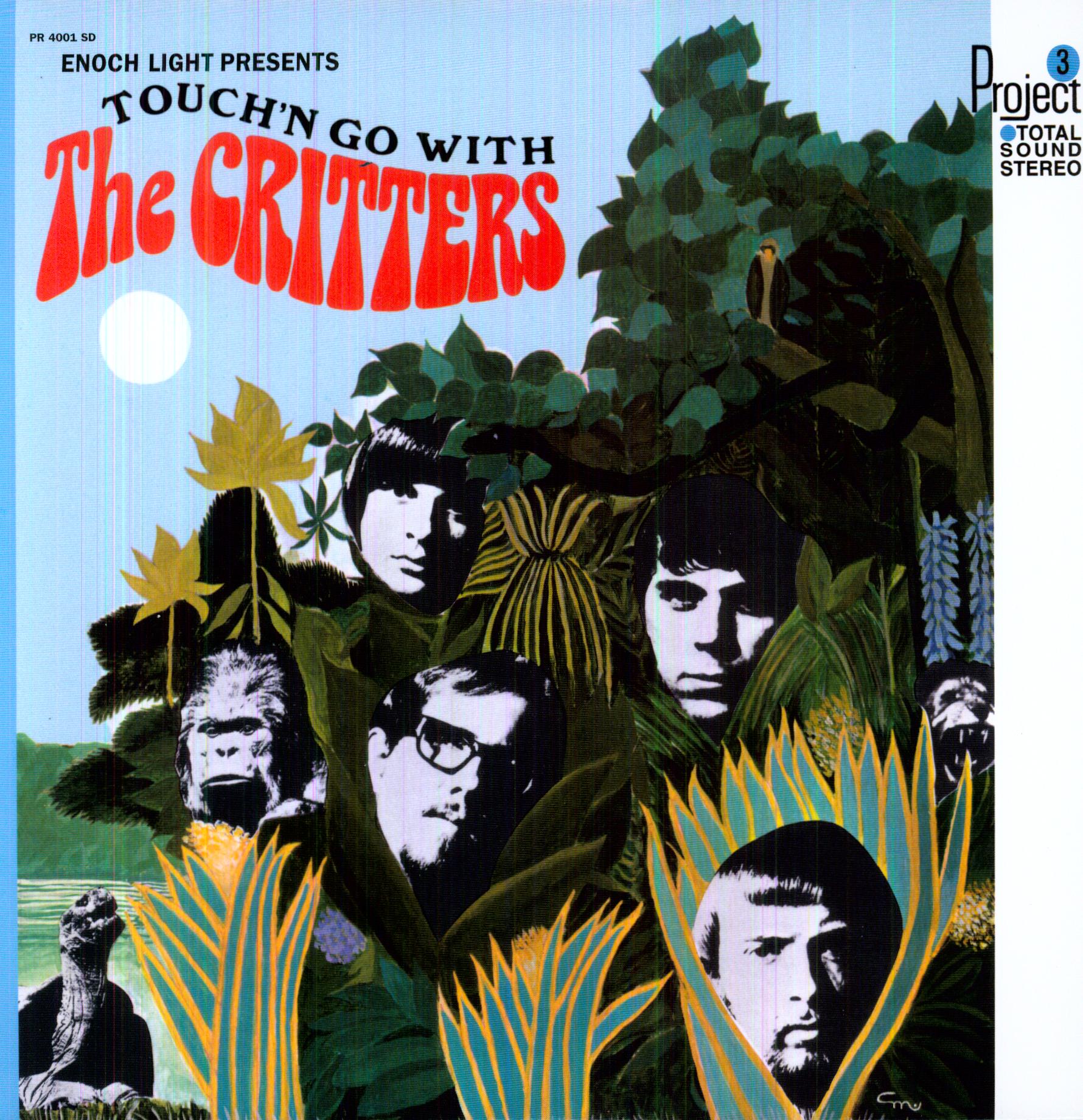
His film work reads like a Who's Who of Hollywood's Golden Years, with such famous filmmakers as director Jack Arnold, writer Richard Matheson, and producer Walt Disney. After gaining experience in theater and studying with Lee Strasberg, Grant graduated to live American television, and then to small roles in film, such as Written on the Wind (1956) and dozens of television series, such as Gunsmoke (1959), Hawaiian Eye (1960-1963), The Outer Limits (1965), Bonanza (1960-1965), and Perry Mason (1964-1965), among many others.
A melancholy loner despite being surrounded by Hollywood hullabaloo, his gradual fade from films and fame left him as an enigma . . . until now. Through archival and personal documents, the author now divulges details never known by the public and dispels the myths about the man that were created by columnists of the 1950s and 1960s, such as Rual Askew, Emily Belser, Harrison Carroll, Mel Heimer, Hedda Hopper, and Bob Thomas.
Grant Williams may be known today only as the Incredible Shrinking Man, but his legacy now finally enlarges again through this titanic tribute to a tallest of talents.
Illustrated with 122 photos, many never before seen, including portraits, candid or personal photos, behind-the-scenes photos, publicity and production stills, and frame captures from films and television shows. Bibliography, a List of Film and Television Credits, and an Index.
About the author: Giancarlo Stampalia received his B.A. from Columbia University in New York, then studied screenwriting and playwriting at the University of Southern California in Los Angeles, devoting several years to playwriting and directing. For his play, Devil's Advocate, he received a nomination as Best Playwright from the L.A. Weekly Annual Theater Awards in Los Angeles. His other works include Strehler dirige (Strehler Conducts). He lives in Trieste.
"A wonderfully researched and comprehensive piece, enriched with tidbits of movieland history and analyzed with state-of-the-art psychological and artistic insight. Simply comme il faut." -C. Robert Rotter







